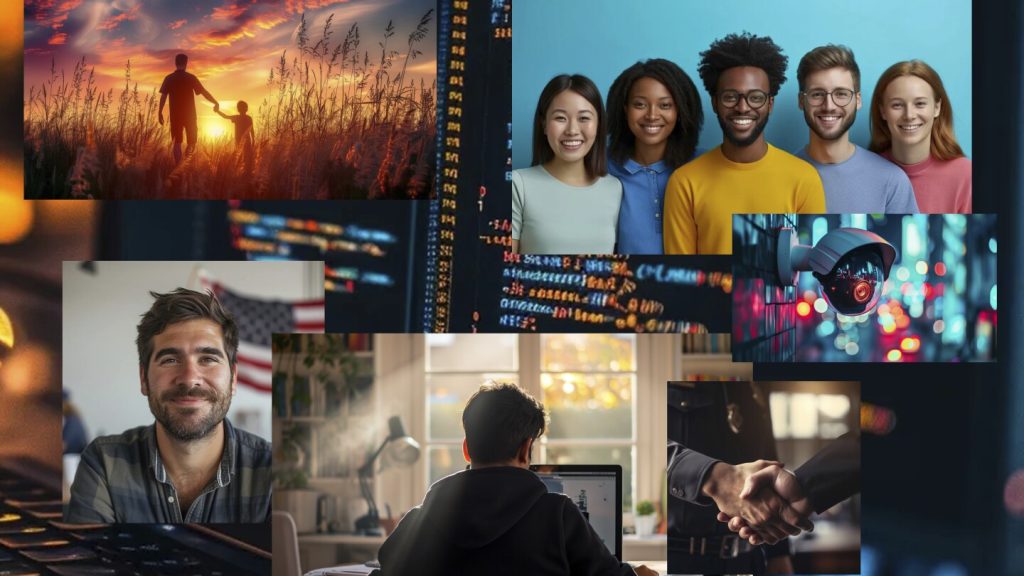In the 2022 race for reelection as mayor of Shreveport, Louisiana, Adrian Perkins faced a harsh campaign attack in the form of a deepfake TV commercial. The ad, created with artificial intelligence, depicted Perkins as a high school student receiving criticism from the principal for failing to keep communities safe and create jobs. Perkins, a Democrat, felt that the deepfake ad had a significant impact on his campaign as he lacked the resources to counteract it. This incident highlighted the use of generative AI in political races and the challenges faced by candidates in combating false information.
Generative AI technology has become more widespread and easier to use, presenting a dilemma for candidates in state and local races. While AI offers benefits such as streamlining campaign tasks and saving time and money, it also poses a threat through the creation of fake images, videos, and audio. Efforts to regulate AI in politics have been limited, leaving candidates vulnerable to AI-generated falsehoods. This has the potential to influence the outcome of close races and low-profile contests where misinformation could sway voters.
The lack of national safeguards against AI misinformation has been a concern for lawmakers and experts. While some states have passed laws regulating AI in politics, Congress has yet to take action on comprehensive legislation. The decline of local news outlets has made it challenging for voters to discern fact from fiction, making them susceptible to fake information generated by AI. The use of AI in down-ballot races presents a unique challenge due to the limited resources available to these campaigns.
Candidates running for state or local office have varied opinions on the use of AI in their campaigns. While some view AI as a valuable tool for efficiency and cost-effectiveness, others criticize its potential to mislead voters. The story of Georgia Republican Glenn Cook, who utilizes AI-generated content in his campaign, reflects the different perspectives on AI in politics. Republican voters in the district expressed concerns about the integrity of AI-generated content and its impact on the election.
The rise of AI in political campaigns has led to increased experimentation with AI tools by political consultants and operatives. Local campaigns face challenges in defending against AI attacks due to limited resources and expertise. The disparity in staffing, funding, and technological knowledge between down-ballot campaigns and federal races poses a significant risk in the spread of AI-generated misinformation. Candidates and campaigns need to be vigilant in combating AI threats while upholding the integrity of their messaging.
Despite facing a deepfake attack during his mayoral campaign, Adrian Perkins remains aware of the potential impact of AI in politics. Perkins acknowledges the evolving role of AI in influencing voter perceptions and emphasizes the need for candidates to be prepared to address AI-generated falsehoods. As the use of generative AI continues to grow, policymakers and candidates must prioritize the regulation of AI in political campaigns to safeguard the integrity of elections and democracy.


